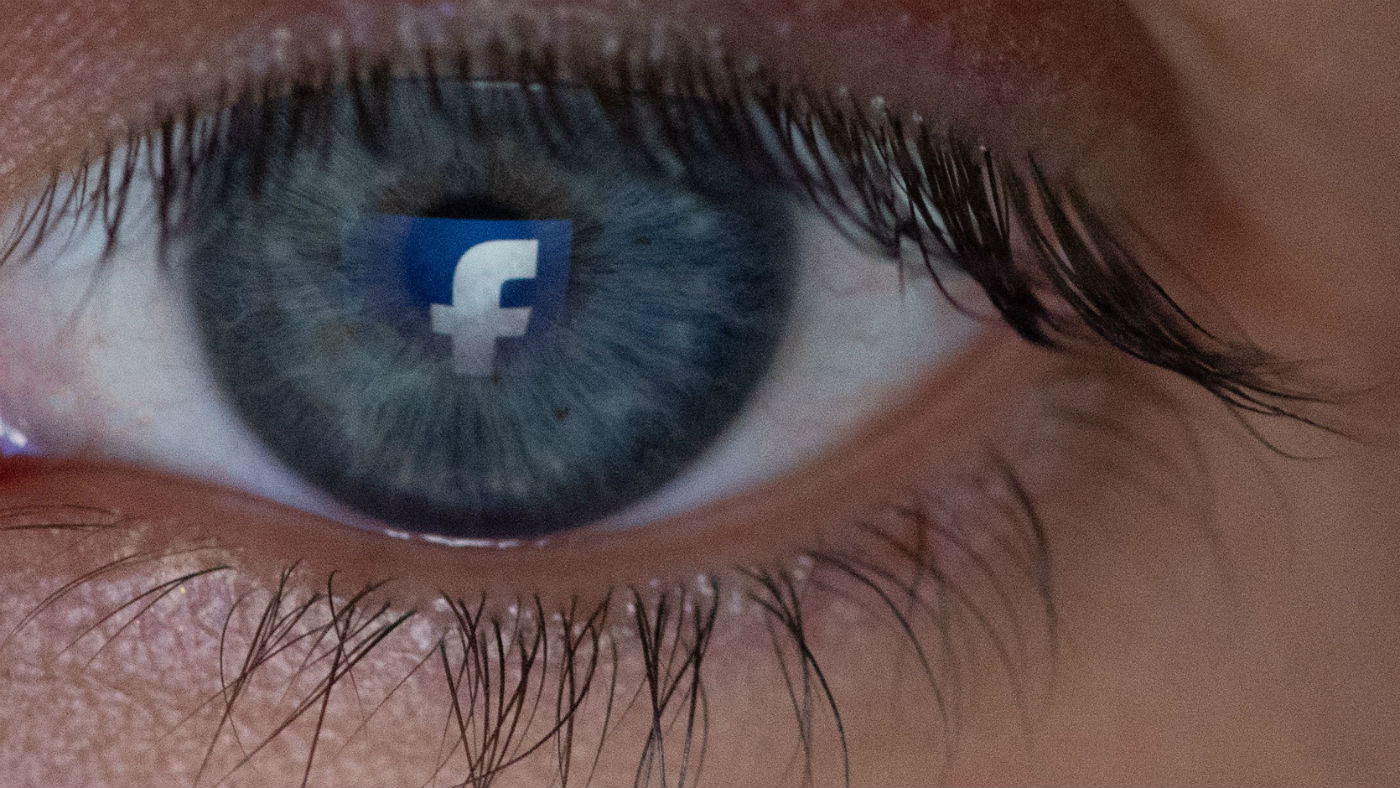Could Russia interfere in the UK election?
Boris Johnson accused of suppressing report assessing security threat posed by Kremlin-sponsored disinformation

A free daily email with the biggest news stories of the day – and the best features from TheWeek.com
You are now subscribed
Your newsletter sign-up was successful
Boris Johnson has been accused of suppressing a secret report assessing the security threat posed by Russian interference in British politics and whether a future general election could be affected by Kremlin-sponsored disinformation.
The former attorney general Dominic Grieve has said it is unacceptable for the prime minister to “sit on” a dossier compiled by the intelligence and security committee.
Their investigation, launched after the revelation that Russia-based Twitter accounts posted more than 45,000 messages about Brexit in just 48 hours during the 2016 referendum, concluded two weeks ago but Downing Street has refused to agree it will be published before the general election on 12 December.
The Week
Escape your echo chamber. Get the facts behind the news, plus analysis from multiple perspectives.

Sign up for The Week's Free Newsletters
From our morning news briefing to a weekly Good News Newsletter, get the best of The Week delivered directly to your inbox.
From our morning news briefing to a weekly Good News Newsletter, get the best of The Week delivered directly to your inbox.
“Parliament and the public ought to have, and must have, access to this report in light of the forthcoming election and it's really unacceptable for the prime minister to sit on it and deny them that information,” Grieve told the Commons.
Labour’s Barry Sheerman added to the criticism of the government, asking: “Are they trying to hide something here?”
Both Johnson and his predecessor Theresa May, have declined to say whether Russia had interfered in Brexit, amid conflicting assessments from government bodies over the impact of misinformation and social media messaging on British politics.
In 2018, Andrew Parker, director of MI5, said in reference to the EU referendum he was “not aware of any information suggesting that the outcome was determined by any sort of interference.”
A free daily email with the biggest news stories of the day – and the best features from TheWeek.com
However, in a report issued earlier this year, the Digital, Culture, Media and Sport parliamentary committee challenged that assessment.
The British government “cannot state definitively that there was ‘no evidence of successful interference’ in our democratic process, as the term ‘successful’ is impossible to define in retrospect,” it reported. “There is, however, strong evidence that points to hostile state actors influencing democratic processes,” the committee said, adding that anti-EU articles about the referendum circulated by Russian-backed media outlets RT and Sputnik had a much wider “social reach” than similar content posted by official pro-Leave Brexit campaign websites.
Despite acknowledging Russian interference in elections “in a number of countries in Europe”, May’s government was repeatedly criticised for failing to properly investigate foreign influence and voter manipulation in the Brexit vote.
The Independent says that “no wide-ranging inquiry took place, despite the Vote Leave campaign, fronted by Johnson and Michael Gove, being found by the Electoral Commission to have broken the law”.
“Downing Street also fought off calls for a ‘Mueller-style’ inquiry, on the scale of the US probe into alleged collusion with Russia by Donald Trump’s presidential campaign,” says the news site.
–––––––––––––––––––––––––––––––For a round-up of the most important stories from around the world - and a concise, refreshing and balanced take on the week’s news agenda - try The Week magazine. Get your first six issues for £6–––––––––––––––––––––––––––––––
Before the 2017 general election, Ciaran Martin, the Chief Executive of GCHQ’s National Cyber Security Centre (NCSC), penned a letter to all main party leaders warning that British political processes were at risk of interference by Kremlin-backed cyber-criminals.
In May, EU officials accused Russia of using disinformation to influence the outcome of the European Parliament elections. The BBC reported that EU officials believed the Kremlin has “for years been using disinformation to sow discord and confusion across Europe, while undermining voters' trust in the European Union and its democracies”.
Calling cyberwarfare by Russia “an existential threat to British Democracy”, Ewan McGaughey writing on LSE’s website called for Parliament to pass a new Democracy Protection Act. This would require all personal data held by political organisations, other than that freely given in door knocking and phone calls, to be deleted; all major social media companies, particularly Facebook, YouTube and Twitter, to delete bots which are not verifiably a human being or a legitimate entity; and ban foreign political donations.
The government had been keen to implement a digital imprints regime for online election campaign material by the end of 2019, with the aim of increasing awareness of disinformation and making elections more transparent, “but while British government officials and politicians have extensively discussed tightening laws governing who can register to vote and how politically related advertising and social media promotions could be regulated, they so far have done little to implement such election security measures”, reports Reuters.
Now with an election looming, officials speaking to the news agency have warned Britain does not have time to implement measures to resist the sort of social media and fake news campaigns involving suspected foreign actors that have affected other Western nations.
In the absence of any government action, social media companies have taken the issue into their hands. This week Twitter announced it was banning political advertising on its platform, sparking calls for Facebook to follow suit.